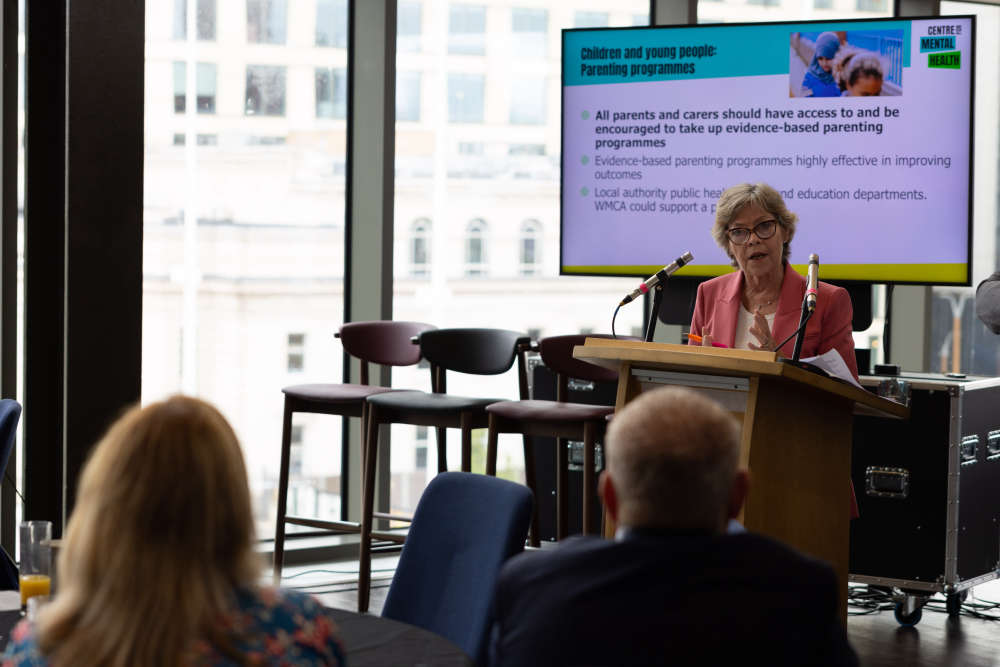
A vision for a mentally healthier West Midlands in which residents thrive at school, college and work, and in their own communities is set out in the final report of the region’s second Mental Health Commission.
The West Midlands Combined Authority (WMCA) convened the independent Commission last year to gather evidence into the impact of the pandemic on the mental health and wellbeing, and to draw up a set of collective actions that can be taken regionally with partners to respond to those wide and deep impacts.
In an immediate response to the findings and recommendations, the WMCA has made a series of new funding commitments including £900,000 to expand its hugely successful Thrive programme with a new strand, Thrive at College, which will offer support to 19 to 23-year-olds with mental health and wellbeing while they are at college.
The Thrive programme has already supported 4,000 people with long-term health issues find and retain jobs, and 550 businesses commit to improving staff wellbeing. The WMCA has also ringfenced £3 million from the Commonwealth Games Legacy Enhancement Fund’s Community Grant programme for community-led schemes that promote physical activity and wellbeing – both drivers of good mental health.
A further £2 million will be used to help grow the region’s social economy – to support of the Commission’s recommendations around creating self-sustainable communities.
The Commission was made up of leaders of local government, health, social care, the voluntary and community sector, business, sports, and criminal justice, and people with experience of mental health difficulties. Members were supported by the Centre for Mental Health. The Mayor said:
“This report lays bare how the pandemic and cost-of-living pressures have exasperated mental health inequalities in the West Midlands, and why we must do what we can to tackle the issue head on.
“That’s why in response to this report we’re taking clear action by expanding our hugely successful Thrive programme – which has already supported 5,000 people with long-term health issues find and retain work - and by making money available for community-led initiatives through the Commonwealth Games Legacy Enhancement Fund.
“This action is on top of the work that our partners, some of whom sat on the Commission, are also doing to address mental health in the region. This includes community wellbeing programmes to support people understand and improve their own mental health, tackling poor and overcrowded housing, reducing loneliness and isolation, and bringing people together through community hubs, football and gardening sessions.
“Finally, I want to thank the commission for their work and make a promise that we will take a closer look at their recommendations to ensure the WMCA continues to address these issues through our skills, transport, environment, and housing programmes, and to pledge to continue to work with our partners across the region to maintain good mental health as a priority for everyone.”
The West Midlands Mental Health Commission’s full report can be read here.














Comments
Add a comment